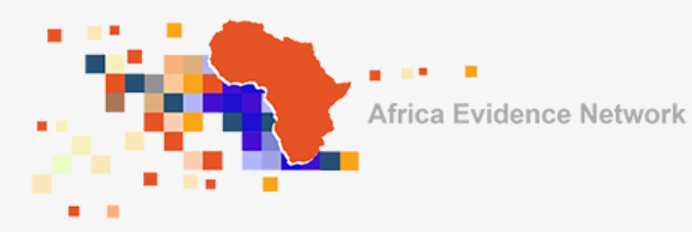
The last day of the Africa Evidence Network Colloquium was reserved for practical in-depth training sessions in core skills related to EIDM. This included among other training in research synthesis, programme evaluation, and statistics to calculate poverty indexes. More importantly, the last day naturally provided network members with an opportunity to reflect on the past week; to formalise new contacts made; and to set up future engagements. During this we made a number of observations:
The African Evidence Network is a network of diversity. Over lunch, an evaluation specialist from Benin discussed with a Xhosa social policy researchers the advantages and disadvantages of lobola (South African dowry custom). This emerged out a brainstorming between the researcher and a German systematic reviewer dating a Zulu environmental scientist regarding how much he would have to pay. As it emerged, the Venda policymaker to the left recently negotiated lobola for his brother marrying a Shona woman from Zimbabwe. This in return caught the attention of the Shona knowledge broker at the other end of the table…Consensus was, there will be lots of Brandy and everyone is invited to the wedding!
The African Evidence Network is a network driven by a passion for social change. Conversations during and between colloquium sessions constantly returned to the theme of the final impact of public polices on society. The group was clear that the EIDM movement and the AEN inherently have a social change agenda. A passion for development, capability enhancement, and empowerment is the departure point of network members’ professional efforts. Members each arrived at the deliberation that the incorporation of evidence in public policies might proof as one of the most effective tools in this remit. The impact of public polices on social and economic livelihoods in Africa is by far larger than the impact of foreign aid or other forms of development assistance. If evidence then is a key tool to improve public policies and public polices are a key tool in enhancing capabilities and livelihoods, the AEN is clearly a network for social change. Delegates rather unknowingly shared this commitment and constantly discovered common activist backgrounds in each other’s biographies.
The Africa Evidence Network is a network of mutual support. EIDM is a complicated endeavor. Few institutions and even fewer individuals will combine all the necessary skills required to improve the practice of EIDM in Africa. The mighty evidence hero, who combines research, communication and networking skills with a detailed understanding of, and access to, the policy context, unfortunately, is yet to be discovered. However, the communication tool kit developed by the Ugandan NGO might be exactly what the South African research department had required to make the Malawian local government aware of a more effective programme design that has been tested in a 3ie funded impact evaluation in Ghana. While this might not be the most effective way of learning, it is nevertheless one way of learning and the more linkages we develop between ourselves, the more efficient this process of sharing learning will become. The willingness of delegates to share and offer recourses might very well have been the most encouraging feature of the colloquium.
In this spirit, safe travels to all the delegates and let the EIDM continue to grow in Africa!